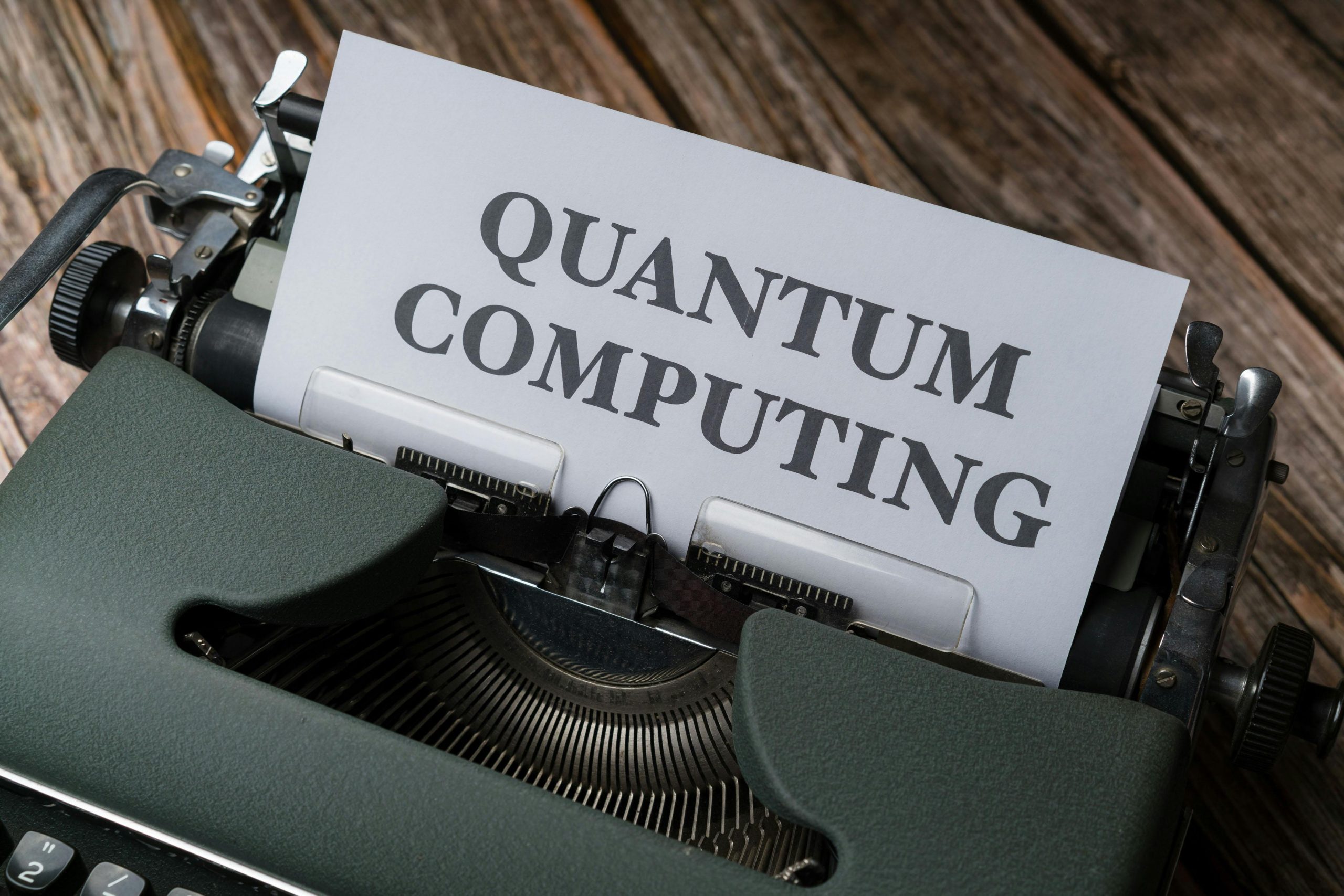After Seven Months of Using AI to Find a Theory of Everything, I Fell Short—and It Turned Out to Be a Blessing
How Exploring with AI Led Me to Embrace Uncertainty and Refine My Scientific Approach
Reflections from a seven-month journey seeking a Theory of Everything
In the pursuit of understanding the universe’s fundamental laws, many turn to artificial intelligence as a potential guide—an intelligent calculator capable of uncovering profound truths. However, after dedicating over half a year to collaborating with AI on this quest, I’ve come to realize that its true power extends far beyond simple computation. It serves as a mirror that reveals the assumptions, biases, and blind spots in our reasoning.
Rethinking AI’s Role in Scientific Discovery
All too often, discussions around AI in scientific communities, including forums dedicated to the Theory of Everything, treat it as a tool that generates possible solutions or confirms pre-existing ideas. The real challenge—and opportunity—lies in how we interact with it. Are we asking AI to validate our beliefs, or are we leveraging it as a rigorous testing partner?
The framing of prompts matters immensely. Requesting, “Show me how my theory holds up,” can lead to confirmation bias—AI reaffirming what we want to hear. Conversely, asking, “Find every logical flaw in my hypothesis,” invites a more honest, critical examination. AI responds to the questions we ask; it can be an empowering collaborator or a dangerous echo chamber depending on our approach.
The Power of Challenging Your Own Ideas
My journey began with a compelling hypothesis: envisioning a dynamic “ether” as a fundamental component of reality. Working daily alongside AI, initial results felt extraordinary—almost magical. But rather than chasing validation, I chose to challenge these findings rigorously. I pressed the AI to scrutinize my assumptions, expose contradictions, and act as a devil’s advocate.
Through this process, I learned to code in Python at a level that now influences my daily work and personal projects. But more importantly, my relationship with knowledge transformed. When the AI systematically dismantled my cherished idea—I accepted its verdict without defensiveness. The hypothesis was fundamentally flawed, not by personal opinion, but by empirical data. It was a moment of brutal honesty: failure became an opportunity for growth.
Embracing Failure as a Path to Genuine Discovery
This experience reinforced a core principle: true progress often begins with loss of certainty. When an idea is challenged or refuted, instead of retreating, we should see it as an opening to deeper understanding. The willingness to abandon entrenched beliefs, even fundamental














Post Comment